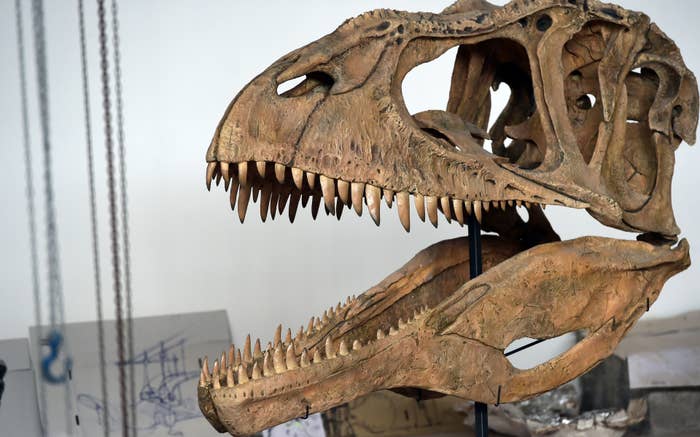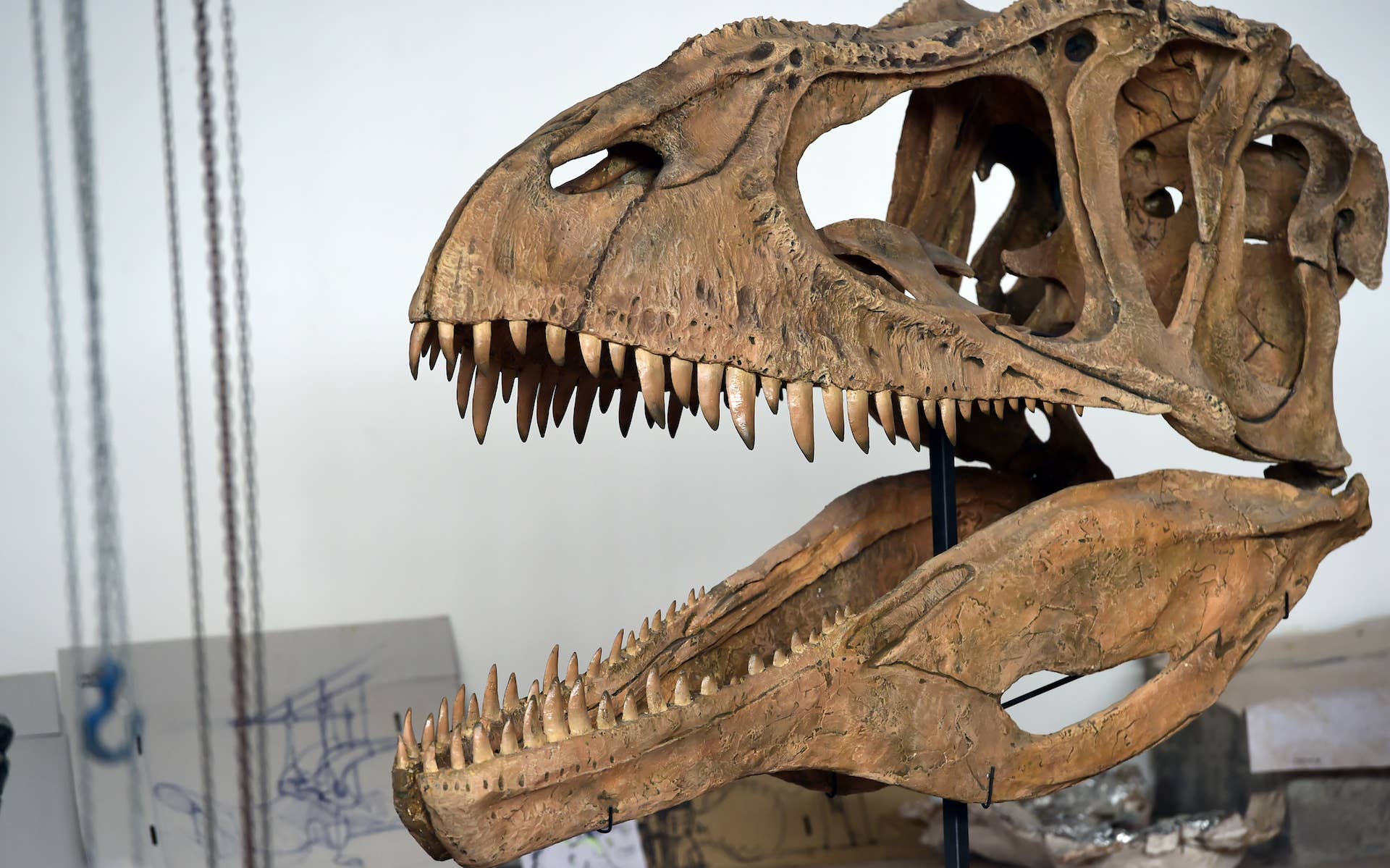
Scientists have discovered the remains of a previously unknown species of dinosaur in Chile’s Atacama desert, 75 kilometers south of the city of Copiapó.
A team led by Chilean geologist Carlos Arévalo unearthed the remains of Arackar licanantay, which means “Atacama bones” in the Kunza language, in the 1990s. And after years of research, the findings were published Monday in the journal Cretaceous Research.
Scientists believe that the Arackar was a long-necked, long-tailed, plant-eating dinosaur that lived amid flowering plants, ferns and palm trees during the Cretaceous period 66 to 80 million years ago.
According to experts, the remains included parts of a humerus, a femur and the ischium, and vertebral elements of the neck and back. They represent a small sub-adult dinosaur with an estimated length of 20 feet.
The remains will eventually be exhibited in Chile’s Museum of Natural History as soon as it reopens with the lifting of coronavirus restrictions.
These aren’t the first dinosaur fossils that have been made public recently. Last month, scientists in Patagonia, Argentina announced the discovery of a new dinosaur named Llukalkan aliocranianus, which roamed in South America 85 million years ago.

